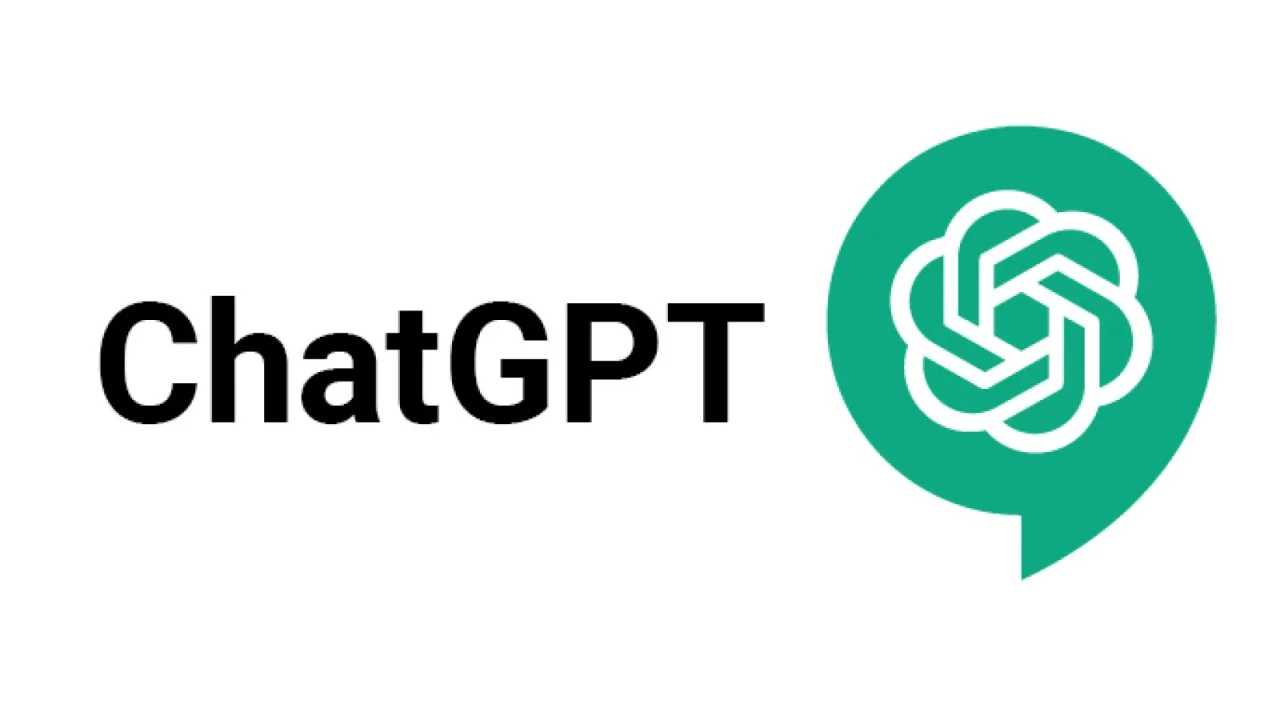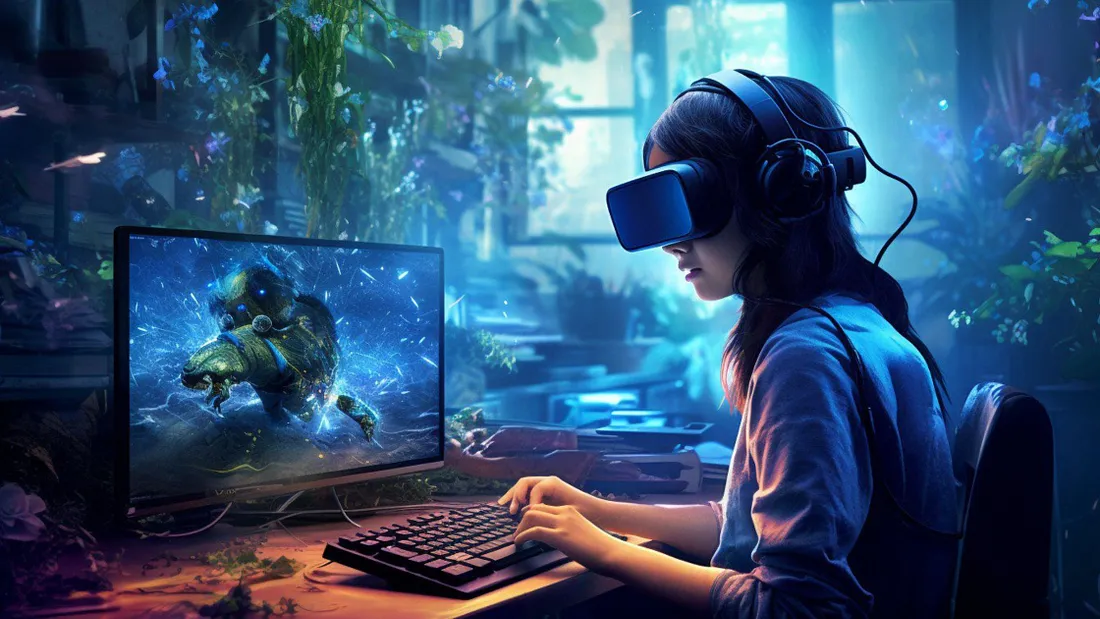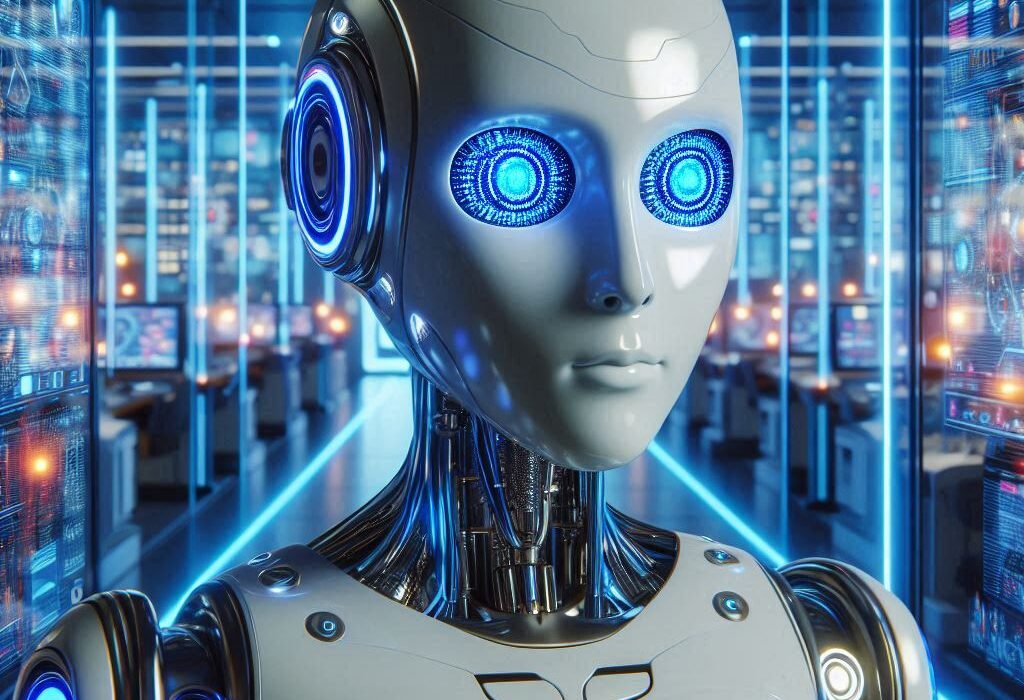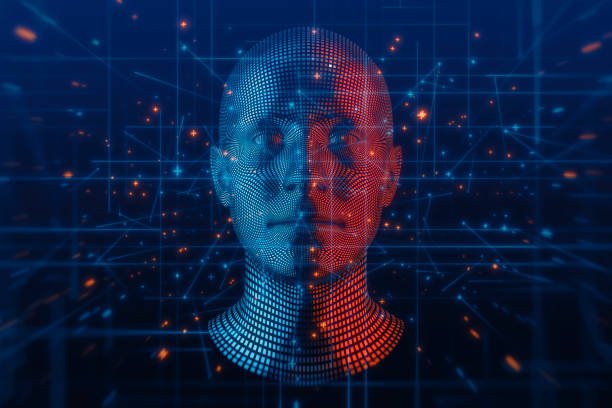In the rapidly evolving landscape of technology, few advancements have stirred the imagination and curiosity of humanity quite like artificial intelligence (AI). Among the many facets of AI, one particular innovation has garnered significant attention: ChatGPT. Developed by OpenAI, ChatGPT has sparked conversations worldwide about the future of human cognition, creativity, and communication. But what is ChatGPT, and why does it seem to hold the secret power to change the way we think?
ChatGPT is more than just a sophisticated chatbot. It is a tool that challenges how we interact with information, solve problems, and engage with the digital world. For many, ChatGPT is not just a conversation partner—it is a glimpse into the future of human-AI collaboration, one that could fundamentally alter the way we process knowledge, make decisions, and communicate.
This article takes an in-depth look at how ChatGPT is transforming the way we think, learn, and work. We will explore the technology behind ChatGPT, its real-world applications, and the profound ways it is shaping our minds and behaviors. From enhancing creativity to reshaping education and work, AI is becoming a pivotal force in our intellectual lives. Let’s dive into the secret power of ChatGPT and discover how AI is influencing the very nature of human thought.
Understanding ChatGPT: The Engine Behind the Revolution
The Origins of ChatGPT
Before we can understand how ChatGPT is changing the way we think, it is essential to grasp the technology that powers it. ChatGPT is based on the GPT (Generative Pre-trained Transformer) architecture, a model developed by OpenAI. The model is built on machine learning techniques known as deep learning and natural language processing (NLP). These technologies allow ChatGPT to understand and generate human-like text.
The heart of GPT lies in its ability to process vast amounts of text data from the internet. By reading this data, the model learns patterns in language, grammar, and context, enabling it to predict and generate coherent responses to user inputs. Unlike traditional rule-based systems, GPT models are designed to generate text based on probability rather than fixed rules, making them incredibly flexible and adaptable in a variety of contexts.
What makes ChatGPT particularly powerful is its size and complexity. The model is trained on billions of parameters—mathematical values that help it understand the relationships between words and phrases. This vast network of parameters allows ChatGPT to generate responses that are not only contextually appropriate but also creative and nuanced.
How ChatGPT Works
When you interact with ChatGPT, you are engaging with a highly advanced AI model that processes your input through a series of neural networks. The model’s primary task is to predict what words should follow the ones you type based on the patterns it has learned during training. This process is known as language modeling.
One of the key features of GPT models, including ChatGPT, is their ability to generate human-like responses. The model doesn’t simply search for pre-written answers; it creates new sentences, drawing from the wealth of information it has absorbed. This allows for more fluid and dynamic conversations compared to traditional, more rigid AI systems.
The model’s ability to handle context is another game-changer. ChatGPT can understand the flow of a conversation, remember previous inputs, and adjust its responses accordingly. This ability to maintain context across interactions is crucial in making conversations with AI feel more natural and less mechanical.
How ChatGPT Is Changing the Way We Think
Transforming Knowledge Acquisition
One of the most profound ways that ChatGPT is changing the way we think is by altering how we acquire and process knowledge. In the past, learning was often a solitary and linear activity—students read textbooks, listened to lectures, and absorbed information in a structured manner. However, ChatGPT introduces a new, dynamic approach to learning.
With the ability to answer questions in real-time, explain complex concepts, and provide tailored explanations, ChatGPT is rapidly becoming a personalized tutor for anyone with access to the internet. Whether you’re learning a new language, diving into the depths of quantum physics, or seeking advice on writing a novel, ChatGPT is there to assist you. Its ability to break down complex ideas into digestible chunks allows learners to gain a deeper understanding in less time.
Moreover, ChatGPT can cater to different learning styles. For visual learners, it can describe concepts in vivid detail, while auditory learners can engage with the text through voice interfaces. For those who learn by doing, ChatGPT can provide interactive examples and hands-on activities. In this way, AI-driven platforms like ChatGPT are revolutionizing education by making knowledge more accessible and adaptable to individual needs.
Enhancing Creativity
Creativity, long considered the domain of human ingenuity, is being redefined in the age of AI. Far from replacing human creativity, ChatGPT is becoming a powerful tool to enhance and expand it. Writers, artists, and musicians are using AI as a collaborator to spark new ideas, refine concepts, and push the boundaries of their craft.
For writers, ChatGPT can act as a brainstorming partner, generating plot twists, character ideas, or even entire passages of text. It can provide suggestions when a writer is stuck or help refine dialogue and narrative structure. In this way, ChatGPT accelerates the creative process, helping individuals push past writer’s block and explore new creative possibilities.
Musicians and composers are also experimenting with AI-generated melodies and lyrics. ChatGPT can suggest musical motifs, help create chord progressions, and even write lyrics based on a specific theme or mood. By working with AI, artists can break free from their own creative limitations and explore new musical landscapes that they might not have considered otherwise.
The collaboration between human creativity and AI doesn’t stop at the arts. Engineers, designers, and innovators across industries are using AI to brainstorm new solutions, enhance product development, and create cutting-edge technologies. ChatGPT’s ability to generate ideas and suggest improvements has made it an invaluable resource in innovation-driven fields.
Improving Problem Solving and Decision Making
ChatGPT is also having a significant impact on how we approach problem-solving and decision-making. Traditionally, problem-solving has been a cognitive process that involves analyzing information, considering options, and evaluating potential outcomes. ChatGPT enhances this process by providing a wealth of information, generating potential solutions, and offering different perspectives on a given issue.
For instance, when faced with a business challenge, an entrepreneur can turn to ChatGPT for advice on strategies, market trends, or customer insights. In fields like healthcare, ChatGPT can assist doctors in diagnosing conditions, suggesting treatment options, or explaining medical procedures. In scientific research, AI tools like ChatGPT can help researchers sift through vast amounts of data, identify patterns, and generate hypotheses.
By streamlining the decision-making process and providing access to a broader pool of knowledge, ChatGPT is transforming how we solve problems. It allows for faster, more informed decisions, and helps individuals navigate complex challenges with confidence. In doing so, it empowers people to make better choices in their personal and professional lives.
Changing Communication and Collaboration
Another significant way that ChatGPT is changing the way we think is by reshaping how we communicate and collaborate. Communication has always been a cornerstone of human civilization, but in the digital age, it has become faster, more instantaneous, and more global than ever before. ChatGPT is helping to enhance this process by breaking down barriers of language, culture, and time.
For instance, ChatGPT can translate text between languages, making cross-cultural communication easier and more efficient. This ability to bridge linguistic gaps has profound implications for international business, diplomacy, and education. It allows people from different parts of the world to collaborate without the need for specialized language skills.
Moreover, ChatGPT can act as a virtual assistant in collaborative environments. It can help manage schedules, facilitate brainstorming sessions, and coordinate team activities. By handling mundane tasks, AI frees up time for individuals to focus on more creative and high-level aspects of their work. This shift is transforming how teams interact and collaborate, enabling them to achieve more with less effort.
Shaping Our Cognitive Habits and Attention Span
While the benefits of ChatGPT are undeniable, its impact on our cognitive habits is an area that warrants closer examination. The accessibility and convenience of AI-driven tools have the potential to alter how we process information and allocate our mental resources. On one hand, ChatGPT can make learning and problem-solving more efficient by providing instant access to knowledge. On the other hand, there is the concern that over-reliance on AI could lead to a decline in critical thinking skills and a diminished capacity for independent thought.
The ease with which ChatGPT can generate answers to questions might encourage a passive approach to learning, where users rely on the AI rather than engaging in deeper analysis or critical reflection. Additionally, the constant availability of information could lead to distractions and shorter attention spans, as individuals might become accustomed to jumping from one topic to another without fully engaging with any of them.
It is important, therefore, that we strike a balance between utilizing AI tools like ChatGPT and maintaining our cognitive autonomy. While AI can enhance our thinking, it is ultimately up to us to use these tools in ways that promote deeper understanding, creativity, and independent thought.
The Ethical and Philosophical Implications of ChatGPT
AI and the Future of Human Cognition
As ChatGPT and similar AI models continue to evolve, they raise important questions about the future of human cognition. Will AI enhance our intellectual abilities, or will it eventually replace human thought altogether? How will the rise of intelligent machines affect our sense of self and our understanding of what it means to be human?
These questions touch on deep philosophical and ethical concerns about the role of AI in our lives. While AI has the potential to revolutionize education, creativity, and decision-making, it also presents challenges related to privacy, security, and bias. As we continue to integrate AI into our daily lives, it is crucial that we approach its development and use with caution, ensuring that we preserve the values and principles that define human thought.
The Role of AI in Society
The widespread adoption of AI tools like ChatGPT also raises questions about their impact on society at large. What happens when entire industries are transformed by automation and artificial intelligence? Will AI lead to greater equality and access to knowledge, or will it exacerbate existing inequalities? These are important considerations that will shape the future of work, education, and society as a whole.
As we move forward into an AI-powered future, it is essential that we engage in thoughtful discussions about the ethical implications of these technologies. By considering their potential benefits and risks, we can ensure that AI continues to serve humanity in ways that promote fairness, justice, and the common good.
Conclusion: The Power of AI in Shaping Human Thought
In the end, ChatGPT represents more than just a technological breakthrough—it is a reflection of the profound ways in which AI is changing the way we think. From revolutionizing how we acquire knowledge to enhancing creativity and reshaping communication, AI is becoming an integral part of our intellectual landscape. While we must remain mindful of the challenges and ethical questions that arise, there is no doubt that AI, exemplified by ChatGPT, holds the potential to enhance our cognitive abilities and transform the way we engage with the world.
As we continue to explore the capabilities of AI, one thing is clear: ChatGPT is not just a tool; it is a glimpse into the future of human thought, one that is deeply intertwined with intelligent machines. The secret power of ChatGPT lies not just in its ability to generate text, but in its capacity to unlock new possibilities for how we think, learn, and create. The journey has just begun, and the impact of AI on our minds is only just starting to unfold.






